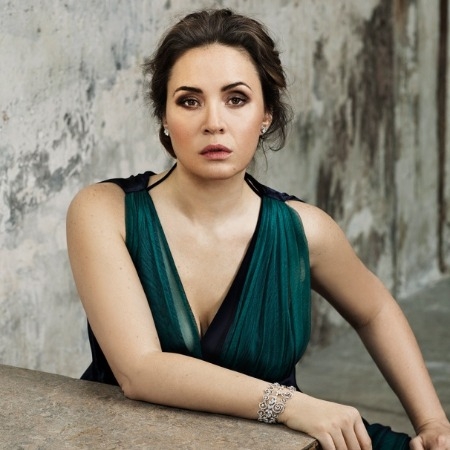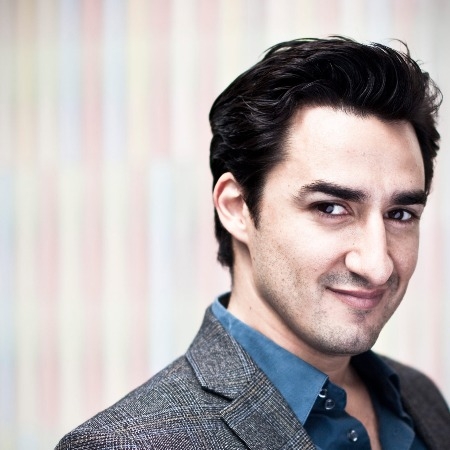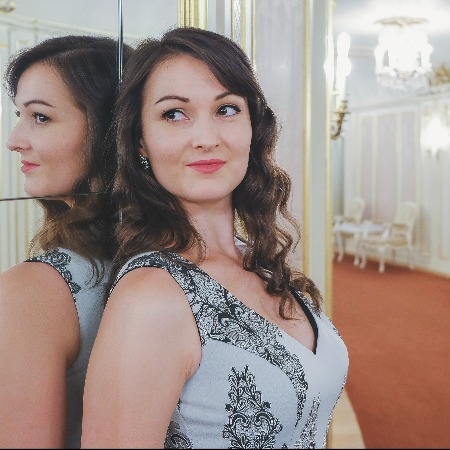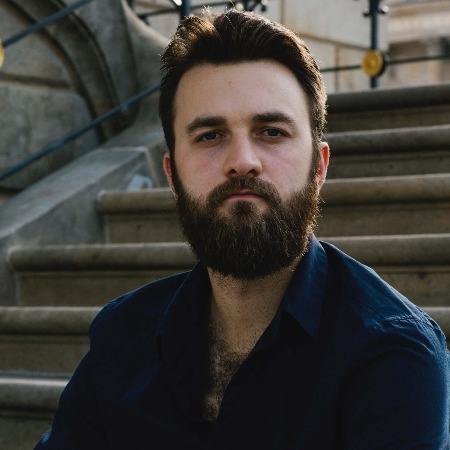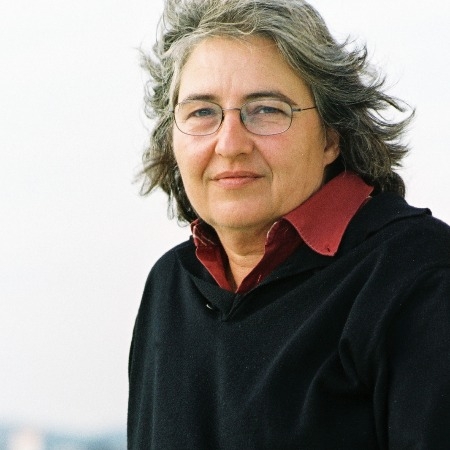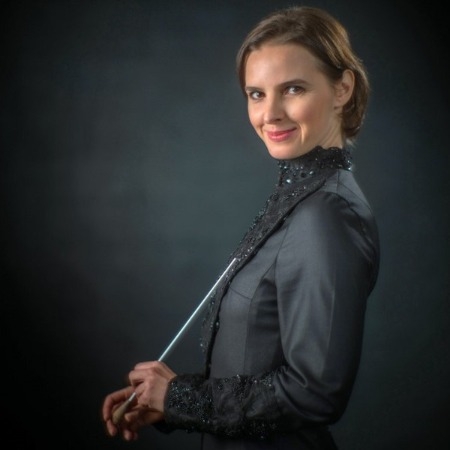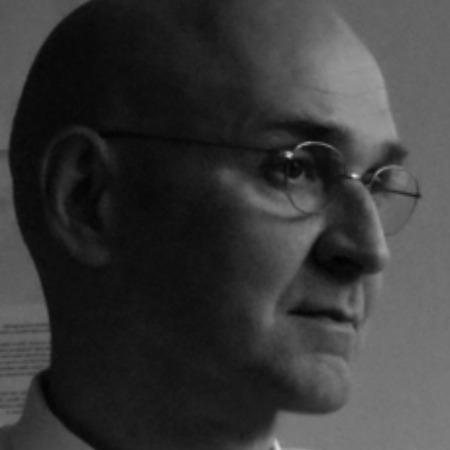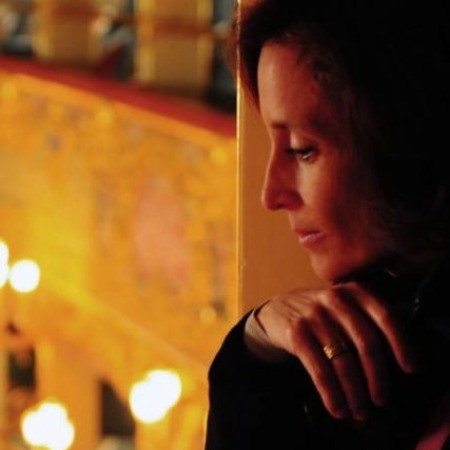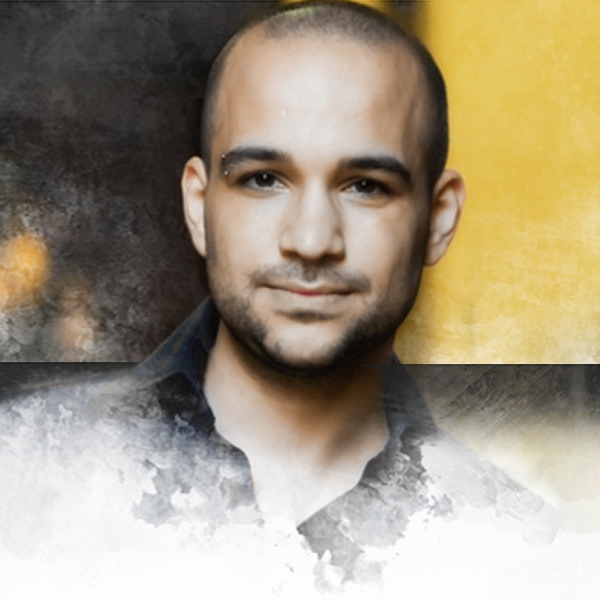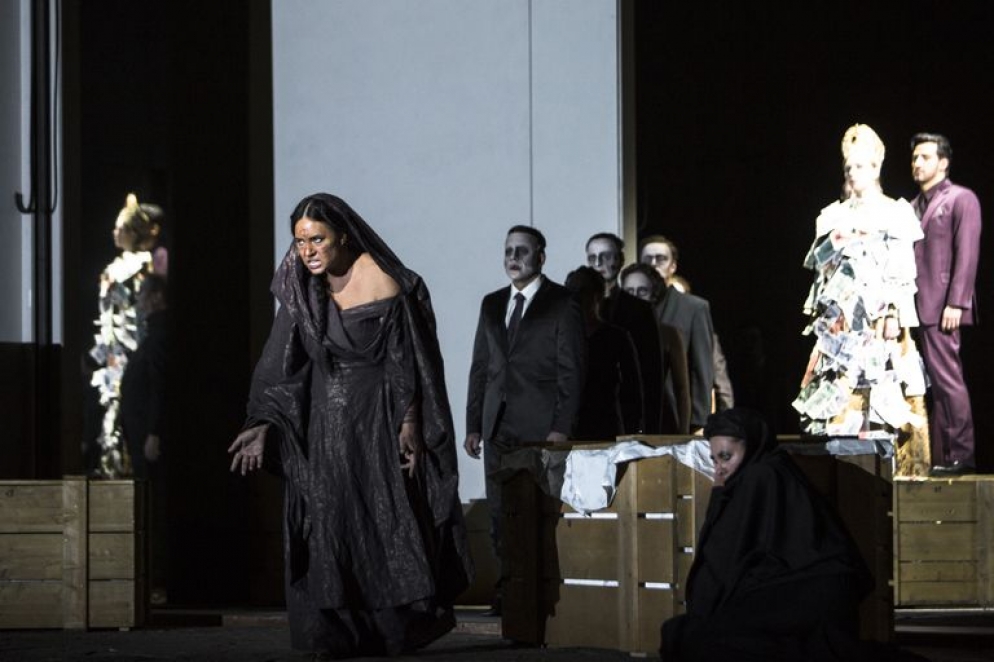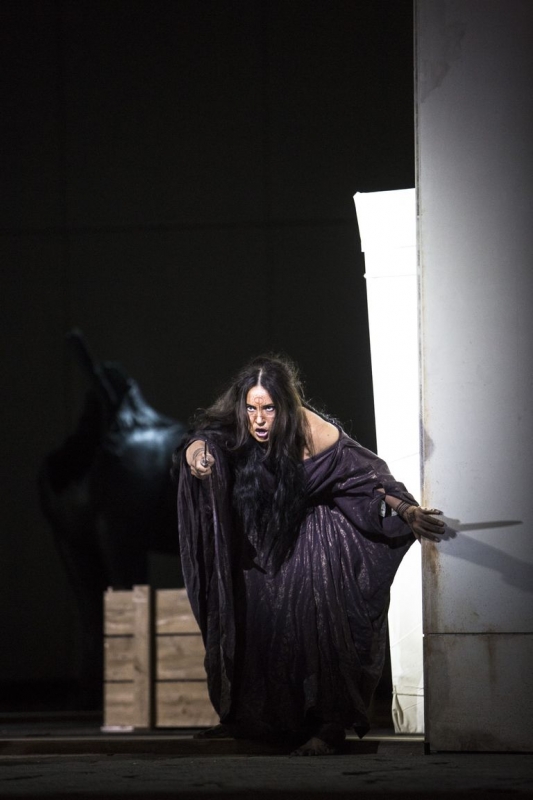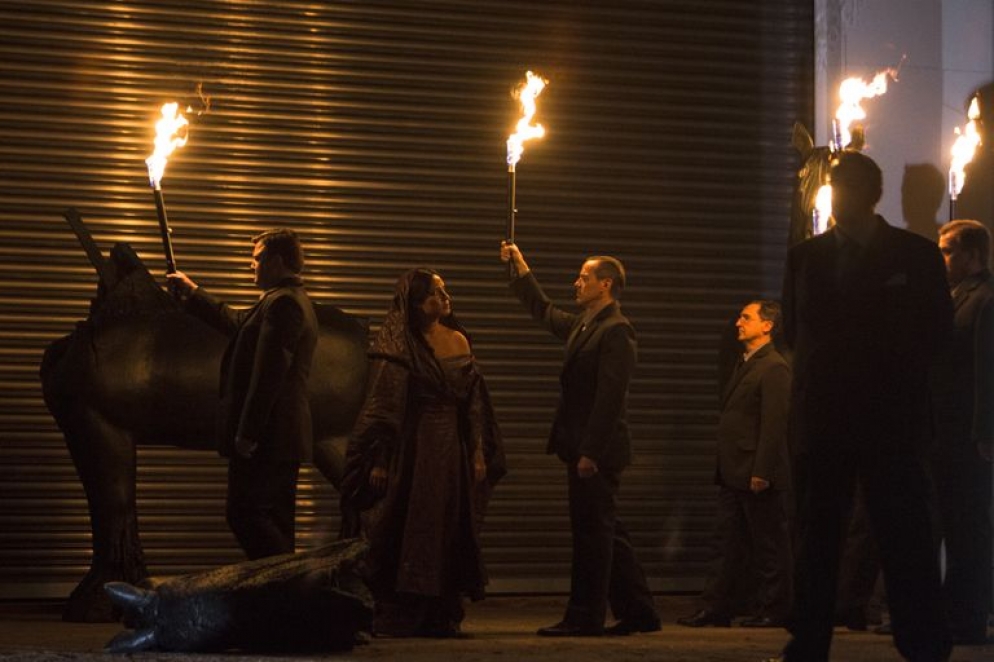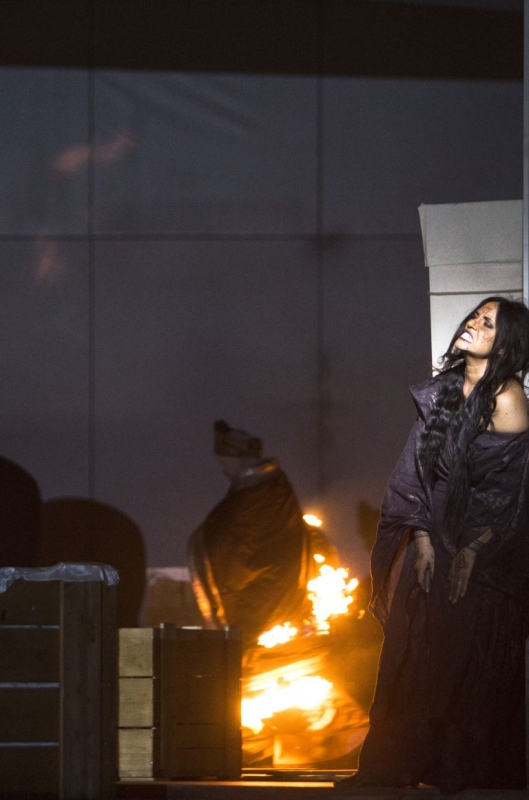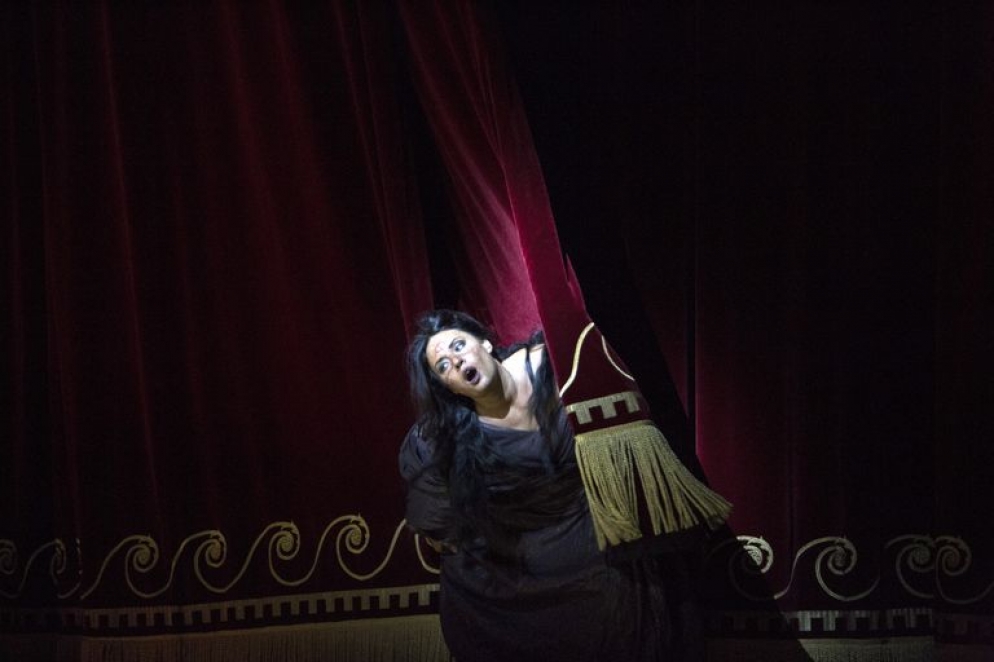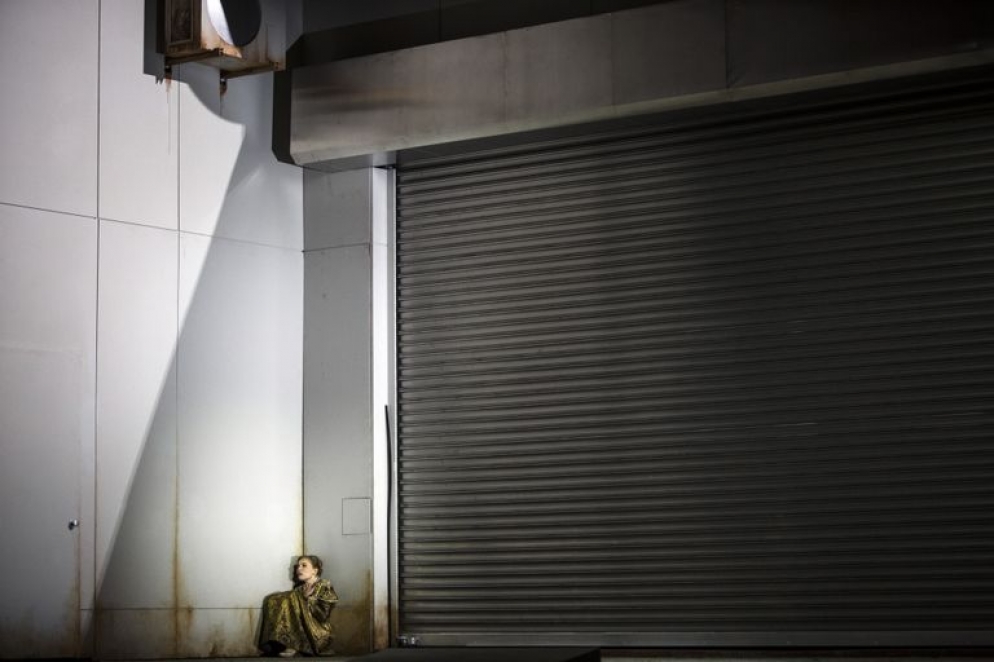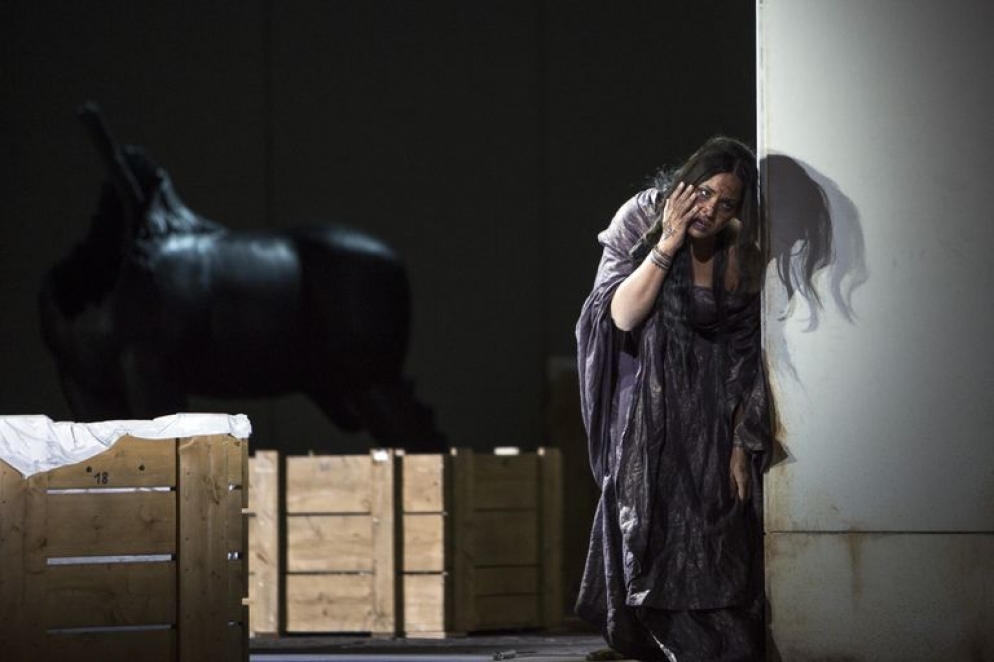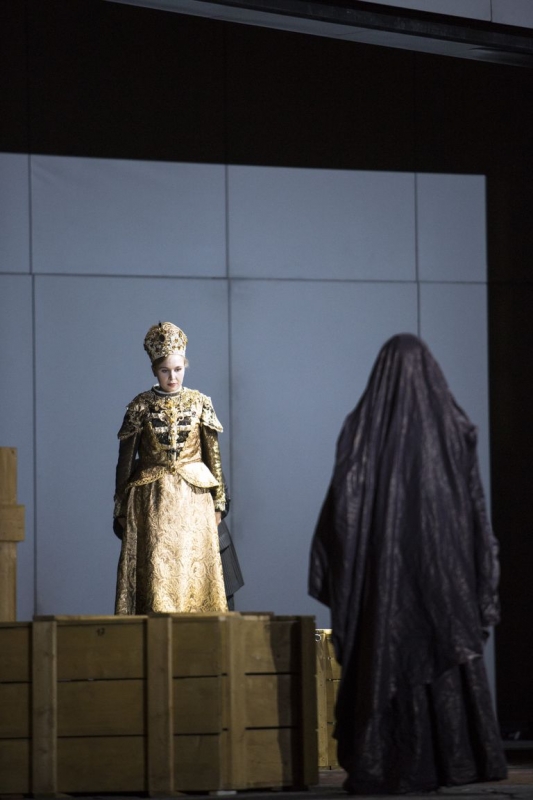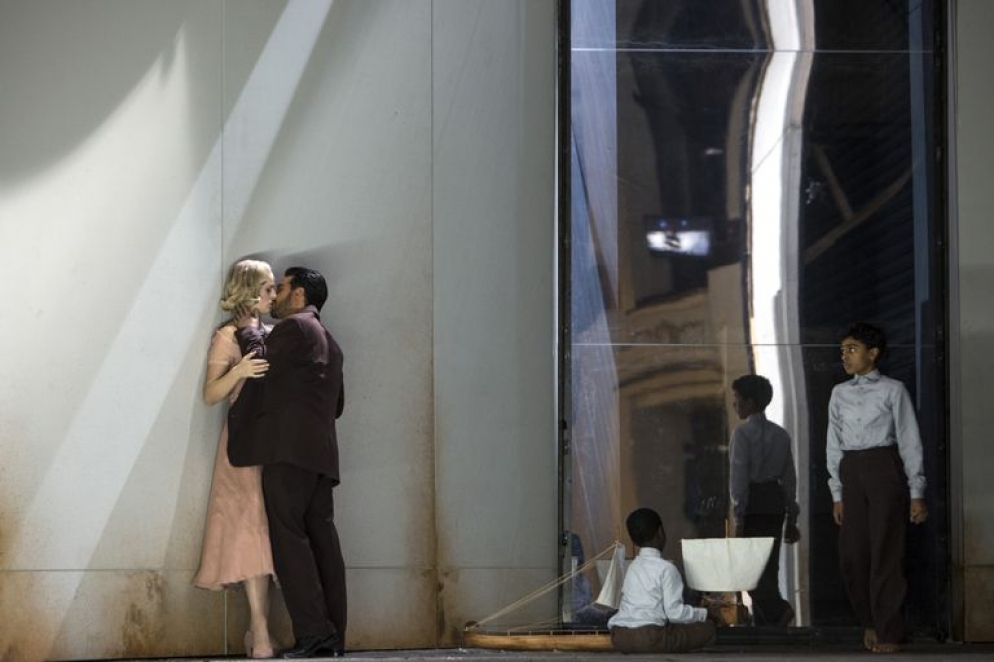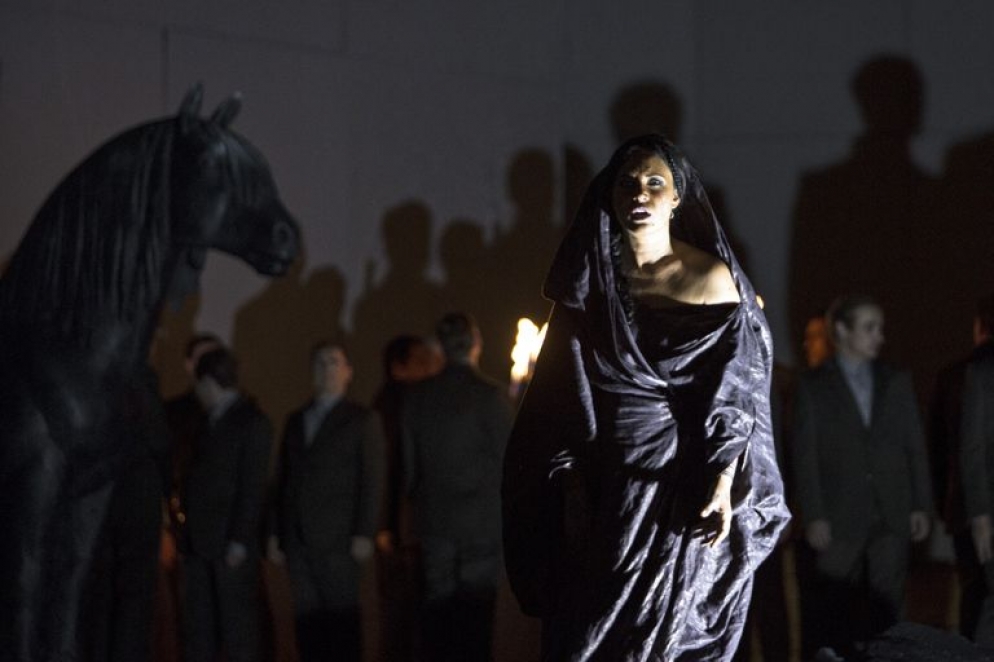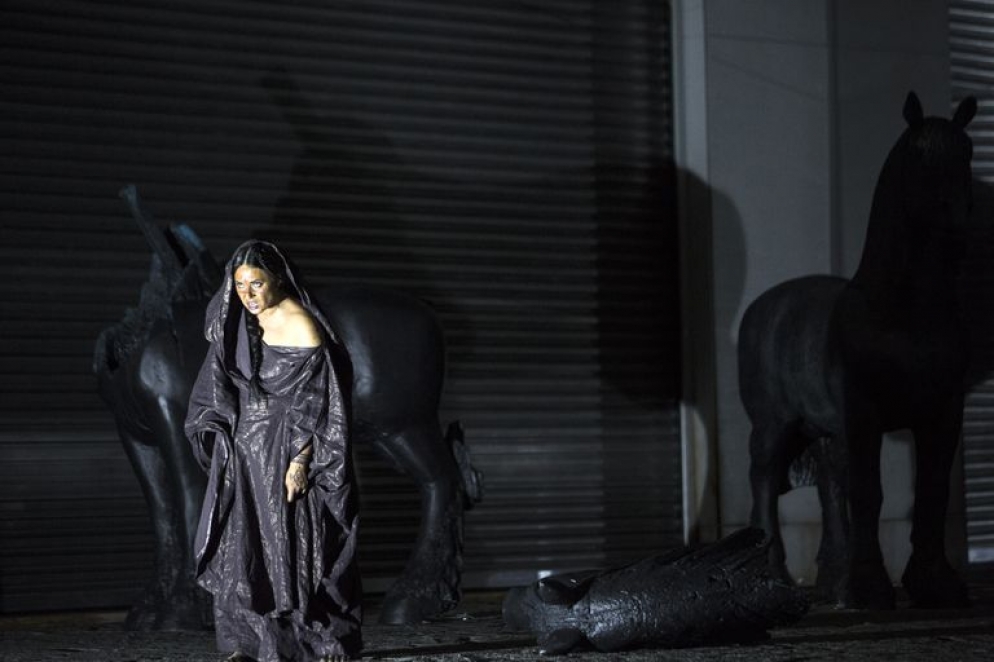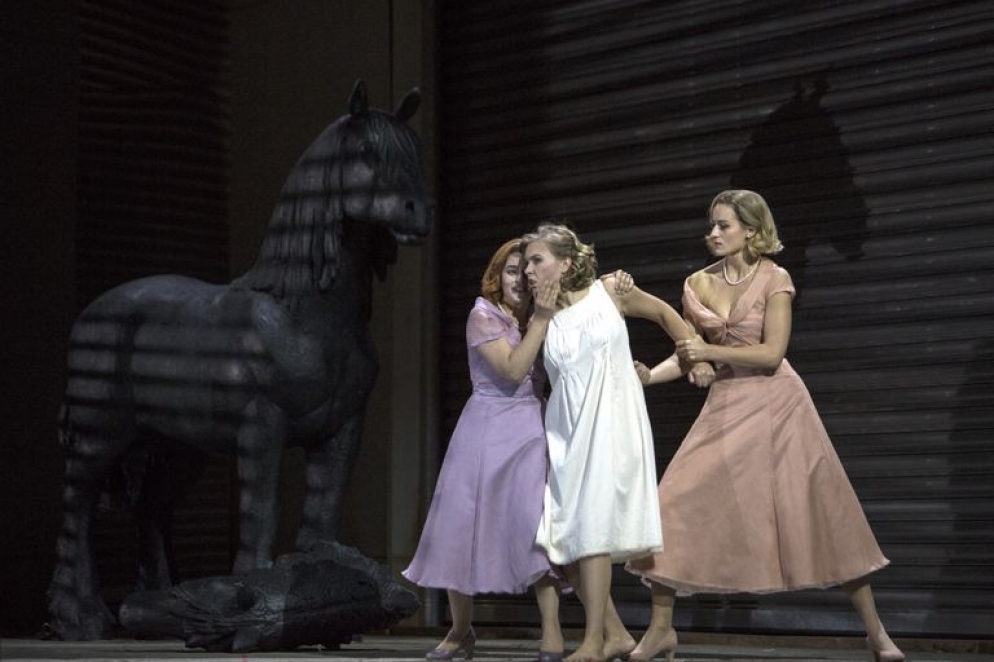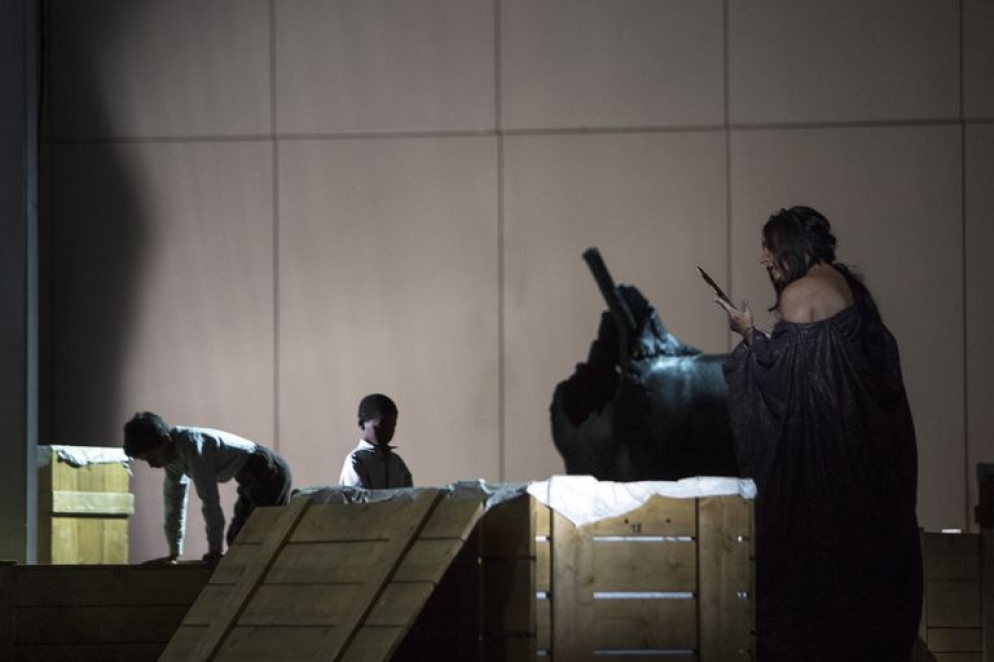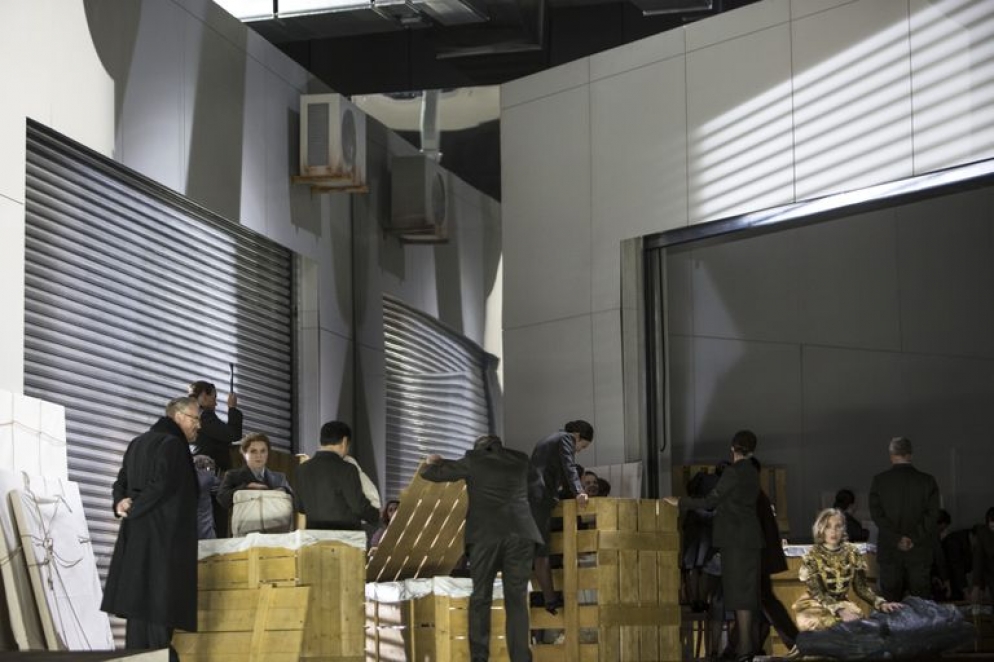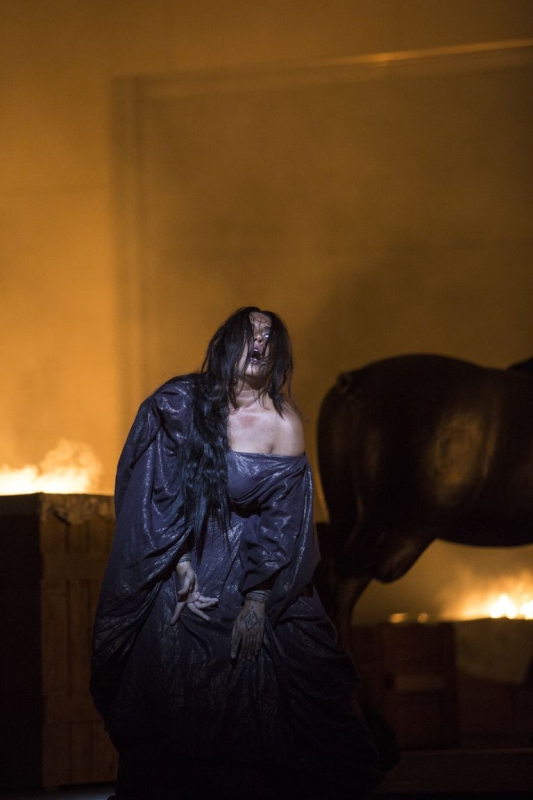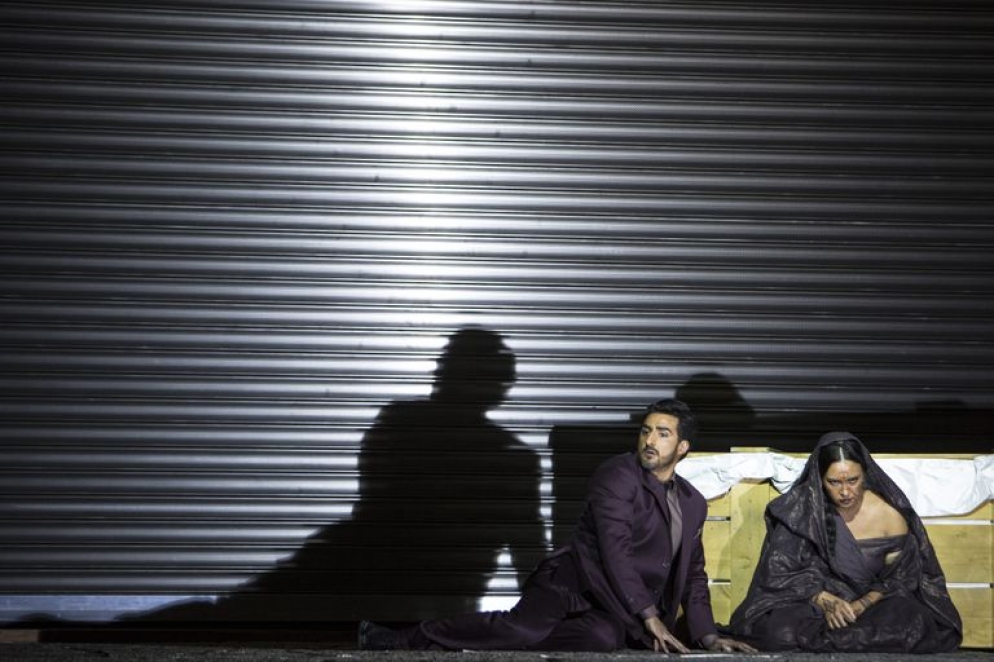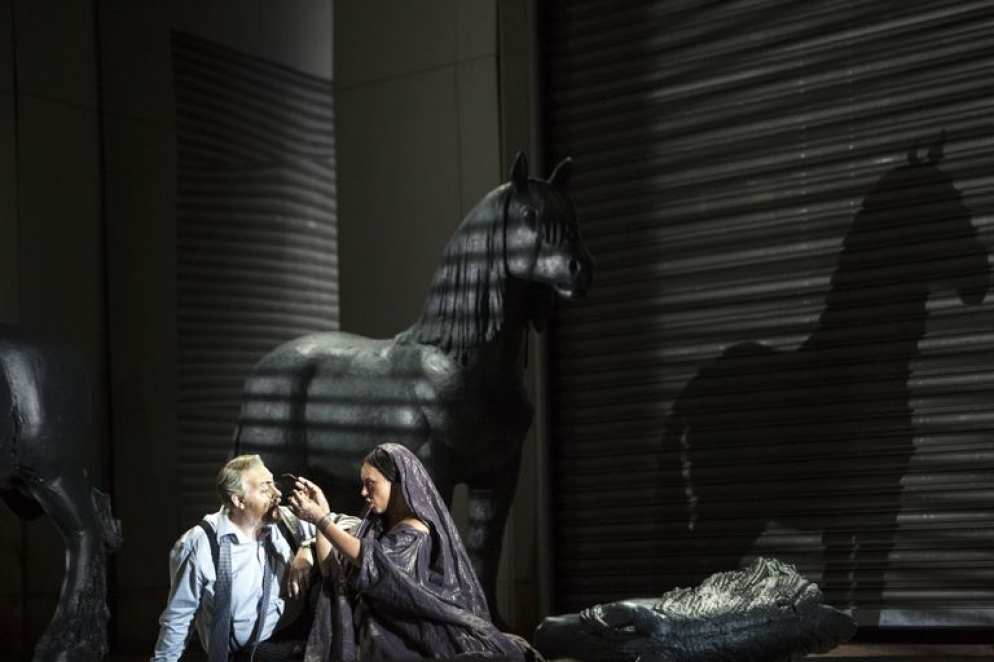Medea is an ancient myth that is remarkably topical. The protagonist comes from the periphery of the known world and is a visible stranger in a civilised country; she disturbs peace and order, and becomes a hateful, avenging angel of death and destruction. Since the period of the ancient tragic poets, the material of Medea, Jason, and the Golden Fleece has often been staged in both opera houses and theatres alike, including around 1800 in Paris.
The native Florentine Luigi Cherubini came to the French metropolis in the 1780s to make his mark as an operatic composer. With his »Medée« of 1797, he achieved considerable success, which carried over into the following century. The dramatic intensification of Maria Callas’ performance in the 1950s brought new attention to the work. Cherubini, who remained in Paris and became one of the most prominent composers of his time, was inspired by the ancient tragic operas written by Gluck to create this work of profound seriousness and epic expression. The opera features significant scenes for the protagonist, skilfully composed choral and ensemble movements, and atmospheric introductions to each of the three acts. However, once Medea appears, the eponymous heroine takes centre stage as a captivating presence.

